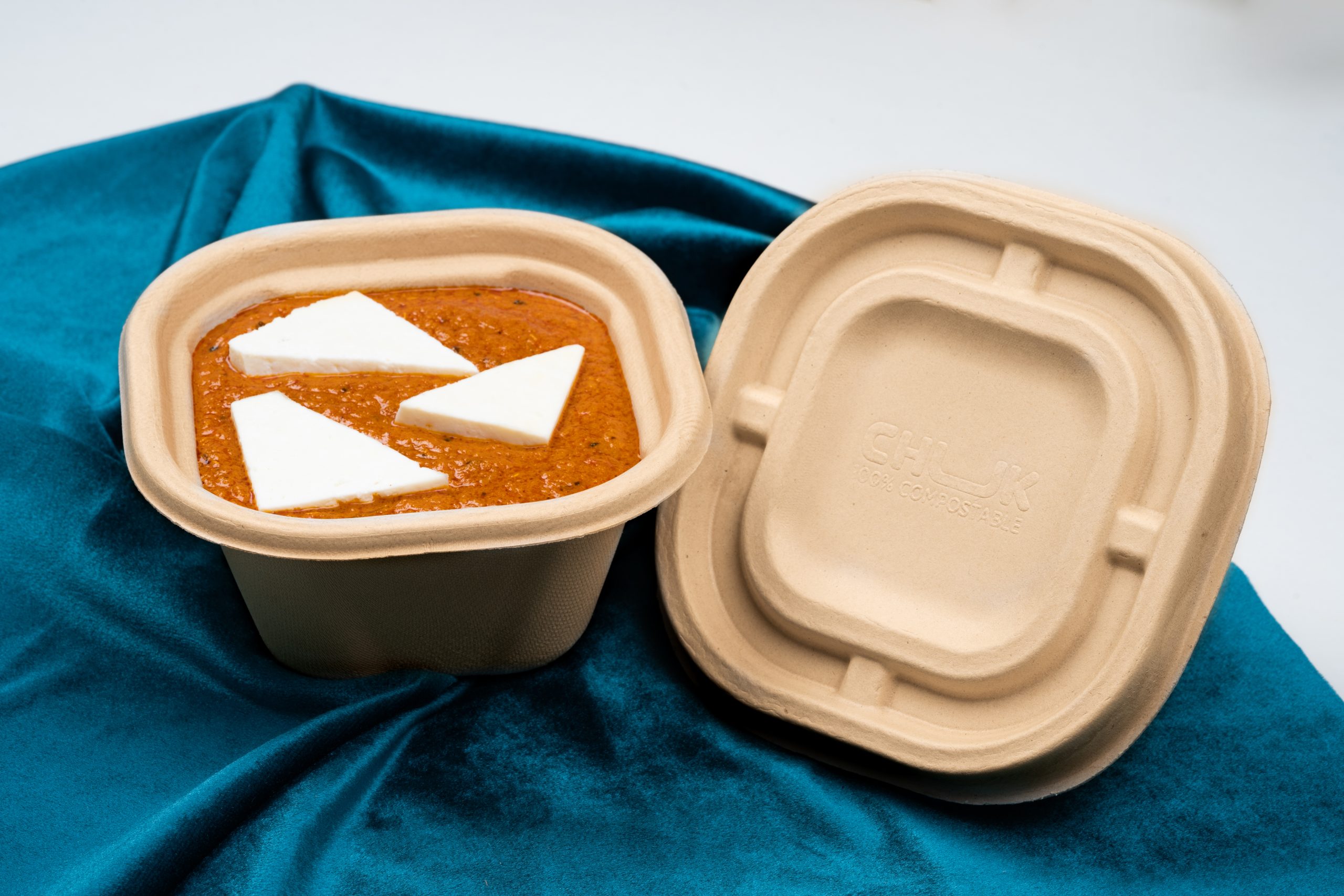Recently, there has been a surge in food deliveries. Restaurants across India have started takeaway and delivery services for their customers who want to enjoy mouthwatering dishes from the comfort of their homes.
With the increase in the demand for food deliveries, there is also an increase in the demand for compostable delivery containers. That is because of the new consumer preferences for eco-friendly brands that contribute to less waste and climate change.
Come, let’s learn more about the environmental impact of compostable delivery containers.
Understanding the Environmental Impact of Compostable Delivery Containers
The benefit of eco-friendly disposable food containers is that they are designed with the circular economy in mind. Since they are made from agricultural residue or any plant-based renewable materials, they improve the quality of soil by re-entering the stream.
Unlike plastic disposables, compostable disposable takeaway containers eliminate a considerable amount of greenhouse gas emissions, reducing pollution and impact on climate change. Moreover, when the compostable disposable takeaway containers are ready to be thrown, they tend to break down easily, saving your time and money with a composting solution.
Most of the food waste ends up either in our bins or landfills. So, composting allows a single collection of waste, improving the soil quality, and reducing the negative impact on the environment and climate change.
Other than this, compostable restaurant takeout containers reduce the dependence on fossil fuels because it is derived from plant materials like sugarcane pulp, potato, or corn sugar. Unlike toxic materials, compostable products like disposable takeaway containers can be broken down easily and promote plant growth and water retention. It even leads to soil fertility and benefits plant and animal life in many ways.
Should Restaurants or Food Delivery Joints Be Using Compostable Food Containers?
Yes. With the rising demand for sustainable products, companies leveraging the benefits of compostable food containers shouldn’t come as a surprise. They are the major contributors to food waste that ends up in landfills. It is an opportunity for them to use these containers. So, they can later use the composting process to compost the trash at a single place and transform the waste streams into a beneficial value-added soil amendment.
Compostable delivery containers use fewer materials, produce fewer carbon emissions, and consume less energy. So it is effective for containing and protecting food. For instance, several brands like Chuk provide quality compostable delivery containers made from agricultural residue like sugarcane pulp.
Choosing compostable delivery containers can preserve the quality of your food and reach your customers in the proper state. It’s an excellent way to contribute to the environment, make a positive impact on society, and spread awareness about compostable products. So, it’s time to grab the opportunity and go green by choosing compostable containers and improving your brand image in the minds of your customers.


